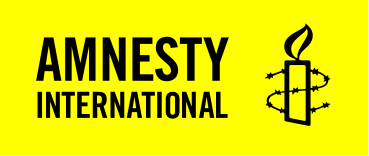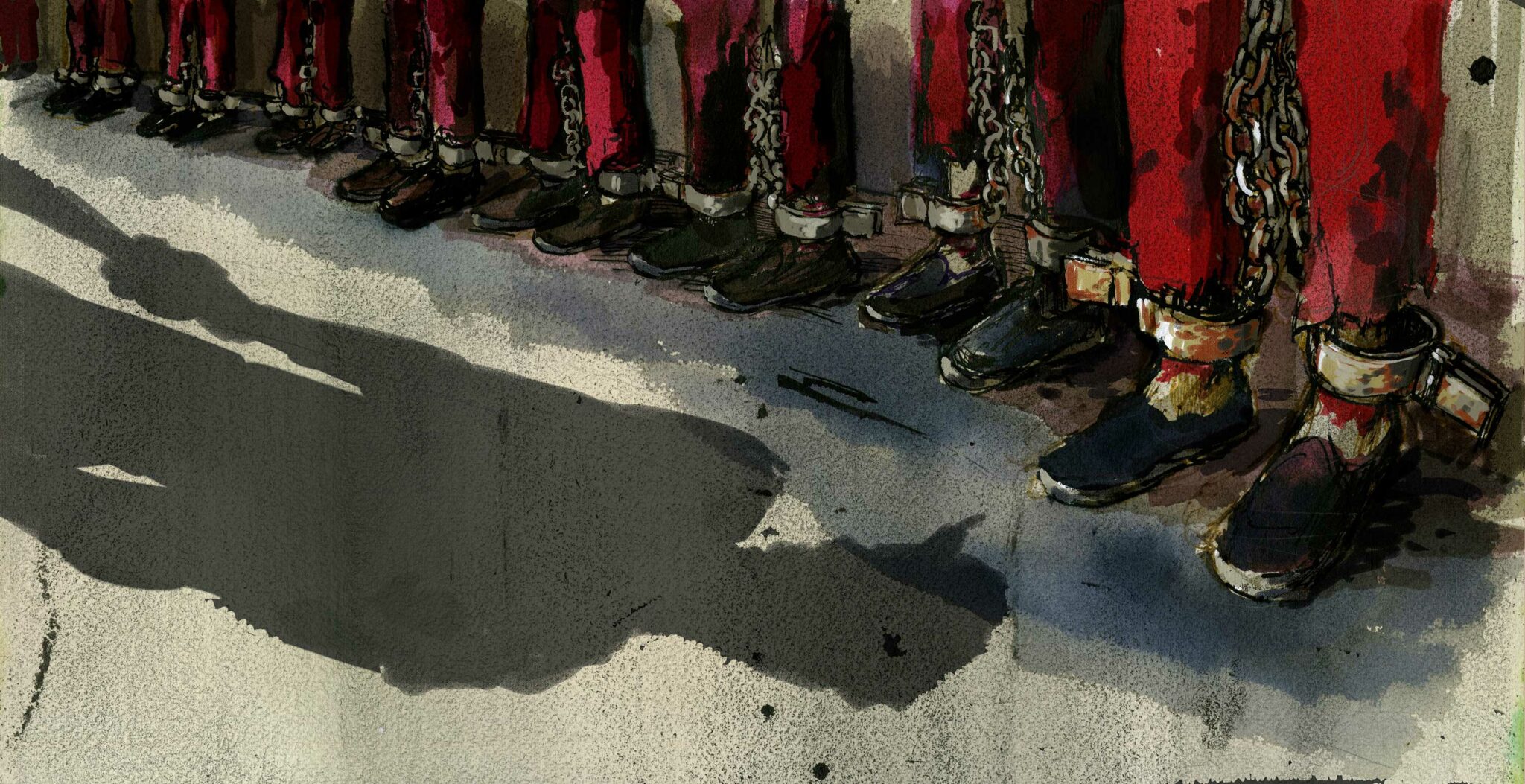Detention conditions under international law
Every person deprived of liberty has the right to be treated with humanity and to be held in conditions that are consistent with human dignity. [[[ICCPR, Article 10.]]] The UN Human Rights Committee has stated that this right is a fundamental and universally applicable rule and a norm of general international law, not subject to derogations but applying at all times, in all circumstances, including in times of emergency. [[[HRC General Comment 21, §4; 8 HRC General Comment 29, §13(a).]]] It has further confirmed that people deprived of their liberty must not “be subjected to any hardship or constraint other than that resulting from the deprivation of liberty; respect for the dignity of such persons must be guaranteed under the same conditions as for that of free persons”. [[[HRC General Comment 21, §3.]]] Furthermore, such people must be held only in a place of detention that is officially recognized, and states must ensure that no one is held secretly in prison. [[[CERD, Article 17.]]] States are obliged to ensure that detainees have facilities to allow religious practice and communication with others, including those in the outside world.
Conditions in detention must be in line with a state’s human rights obligations, including under the ICESCR, which China has ratified. Everyone, including an individual in custody, has the right to the highest attainable standard of physical and mental health. [[[CESCR General Comment 14, §§34, 4, 11, 43 and 44.]]] International human rights standards highlight that states should ensure that persons in detention have access to the same standard of healthcare as is available in the community. Authorities must ensure that all people in places of detention have prompt and regular access to a proper medical examination and to medical attention and adequate healthcare throughout any period of detention. [[[See, United Nations Standard Minimum Rules for the Treatment of Prisoners (the Nelson Mandela Rules), UN Doc. A/RES/70/175 →; Article 6 of the UN Code of Conduct for Law Enforcement Officials. The CESCR has stated that states are under the obligation to respect the right to health for all persons, including prisoners or other detainees (General Comment No. 14, The right to the highest attainable standard of health (article 12), UN Doc. E/C.12/2000/4 (2000), para 34.]]]
The right to health extends not only to timely and appropriate healthcare, but also to underlying determinants of health, such as sufficient, adequate, and suitable food, water, and washing and sanitation facilities, [[[See CPT 3rd General Report, CPT/Inf (93) 12, §53.]]] as well as bedding and access to fresh air, natural light, and some form of exercise. [[[See the Nelson Mandela, Rules 13-23; Amnesty International, Combating torture and other ill-treatment: a manual for action (Index: POL 30/4036/2016) →]]] Authorities must ensure that all detention facilities are equipped with sufficient and functioning sanitizing equipment and facilities, and access to such facilities and services must ensure privacy and dignity and be socially and culturally acceptable. Cramped and unhygienic accommodation and lack of privacy in custody can amount to inhuman or degrading treatment, as would failure to provide appropriate medical treatment that could reasonably be expected of the state. [[[Weerawansa v Sri Lanka, HRC, UN Doc. CCPR/C/95/D/1406/2005 (2009) §§2.5 and 7.4; UN Convention against Torture and Other Cruel, Inhuman or Degrading Treatment or Punishment, Article 1. See also CESCR, General Comment 14, The right to the highest attainable standard of health, UN Doc. E/C.12/2000/4 (2000), para. 34.]]] Law enforcement officials and prison authorities are responsible for protecting the health of people in their custody. [[[UN Special Rapporteur on Extrajudicial, Summary or Arbitrary Executions, COVID-19 and Protection of right to life in places of detention.]]]
Detained people have a right to communicate with the outside world and to receive visits, which are fundamental safeguards against human rights violations, subject only to reasonable conditions and restrictions that are proportionate to a legitimate aim. [[[CERD, Article 17(2)(d); Mandela Rules, Rule 58; the UN Basic Principles for the Treatment of Prisoners; and the UN Rules for the Treatment of Women Prisoners and Non-custodial Measures for Women Offenders (Bangkok Rules), Rule 26; UN Body of Principles, Principle 19.]]] Detention without access to the outside world (incommunicado detention) facilitates torture and other ill-treatment and enforced disappearance and can itself amount to such practices. [[[Special Rapporteur on torture, annual report, UN Doc. A/56/156 (2001) §14.]]] Incommunicado detention may also violate the rights of family members. [[[Bashasha v Libyan Arab Jamahiriya, HRC, UN Doc. CCPR/C/100/D/1776/2008 (2010) §§7.4-7.5; Concluding Observations of HRC: USA, UN Doc. CCPR/C/USA/CO/3/Rev.1 (2006) §12; Amnesty International and Others v Sudan (48/90, 50/91, 52/91 and 89/93), African Commission 13th Annual Report (1999) §54.]]] The Working Group on Arbitrary Detention has clarified that the right not to be detained in prolonged incommunicado detention may not be restricted, even in times of emergency. [[[WGAD report, UN Doc. E/CN.4/2005/6 (2004) §76; WGAD Deliberation No.9, UN Doc. A/HRC/22/44 (2012).]]]



